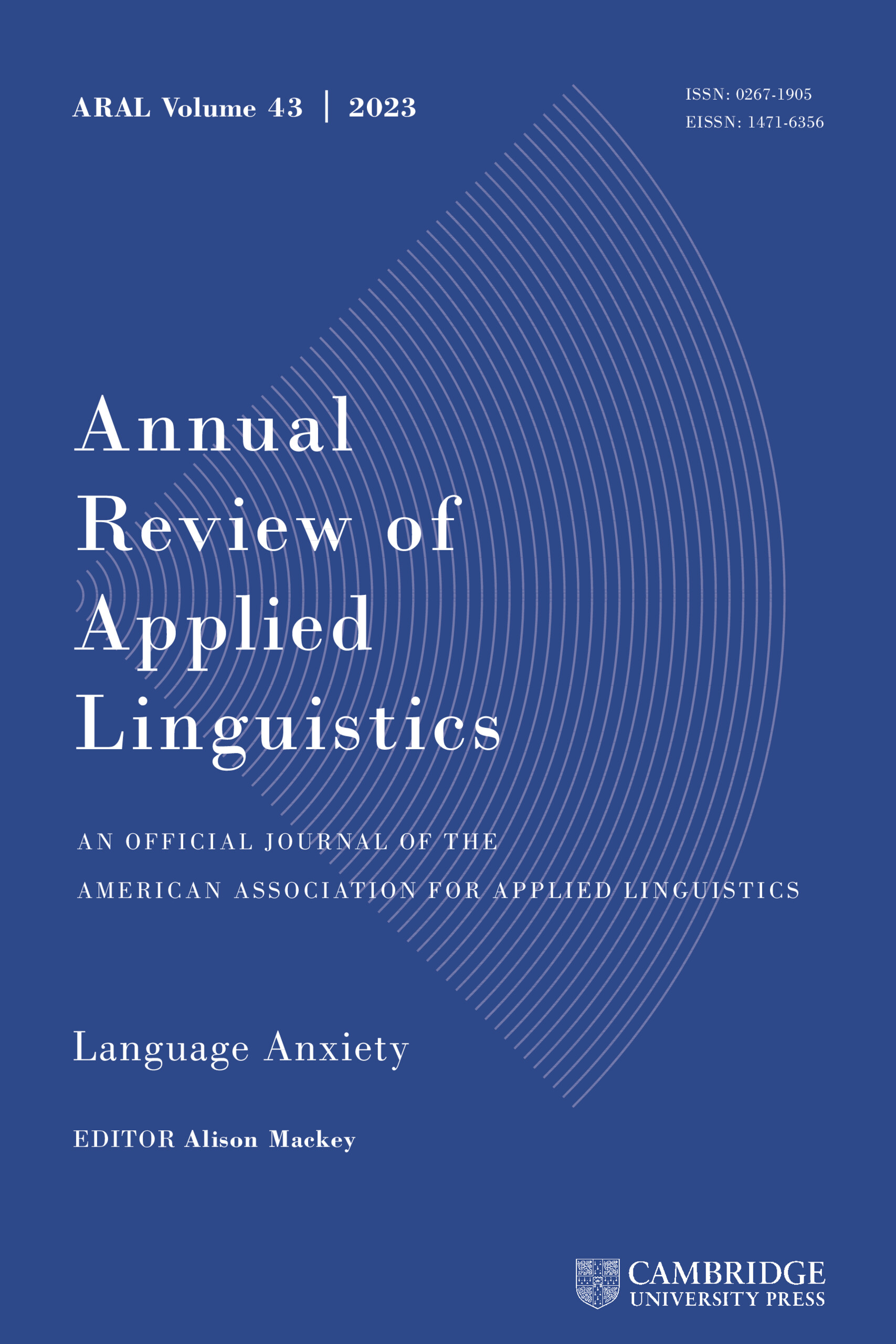Article contents
Assessing and Exploring the Oral Proficiency of Young Mandarin Immersion Learners
Published online by Cambridge University Press: 21 September 2017
Abstract
This article presents original empirical research carried out in the early total Mandarin language immersion context. The study involves K–5 learners from three early total Mandarin immersion programs whose home language is English. We examined students’ second language (L2) oral proficiency in Mandarin in two ways: (a) a statistical comparative analysis of cross-sectional assessment data for kindergarten, Grade 2, and Grade 5 students and (b) a detailed linguistic complexity analysis comparing immersion students’ speech samples (one per grade level) produced during the assessment interview. Results indicate significant differences in median scores between kindergarten and Grade 2 in all domains; however, no median score differences were found between Grades 2 and 5. An exploratory complexity analysis of three speech samples revealed increasingly higher levels of grammatical complexity across grades. Measures of lexical complexity for the Grade 5 sample, while higher than those in kindergarten, were lower than those of Grade 2. Study findings question the efficacy of existing proficiency assessments at capturing the multidimensionality of oral proficiency in the intermediate and pre-advanced range. They also highlight the important role finely grained complexity measures can play in informing curriculum, instruction, and assessment practices.
- Type
- Research Article
- Information
- Copyright
- Copyright © Cambridge University Press, 2017
Footnotes
Author's Note
References
REFERENCES
- 15
- Cited by


